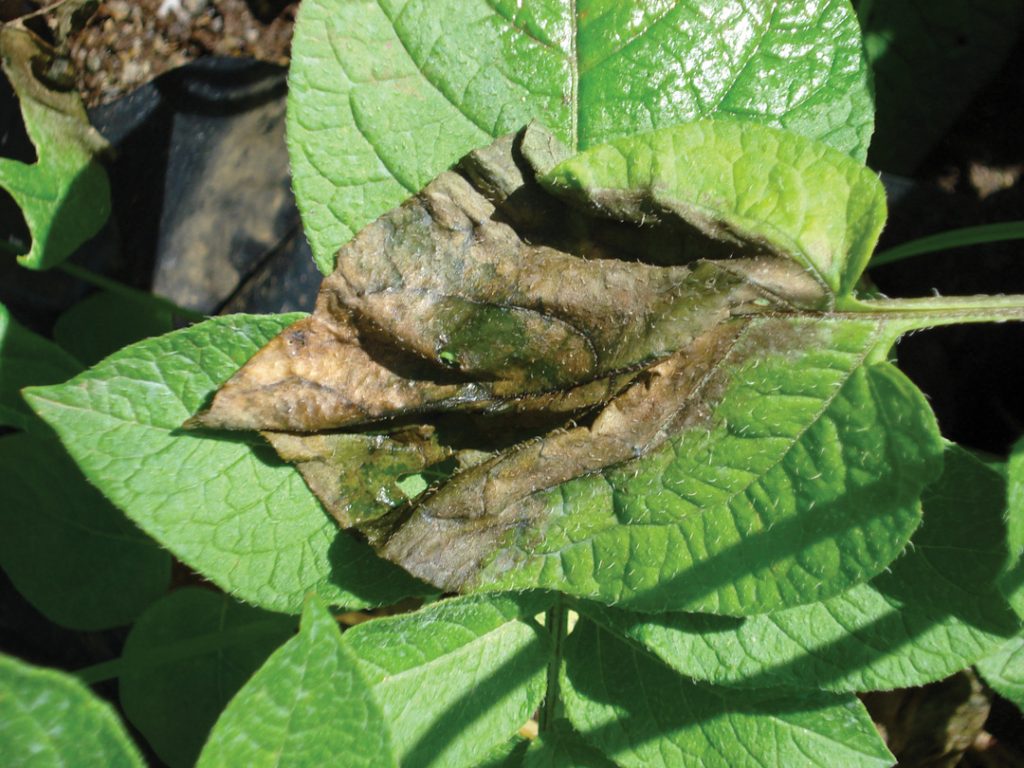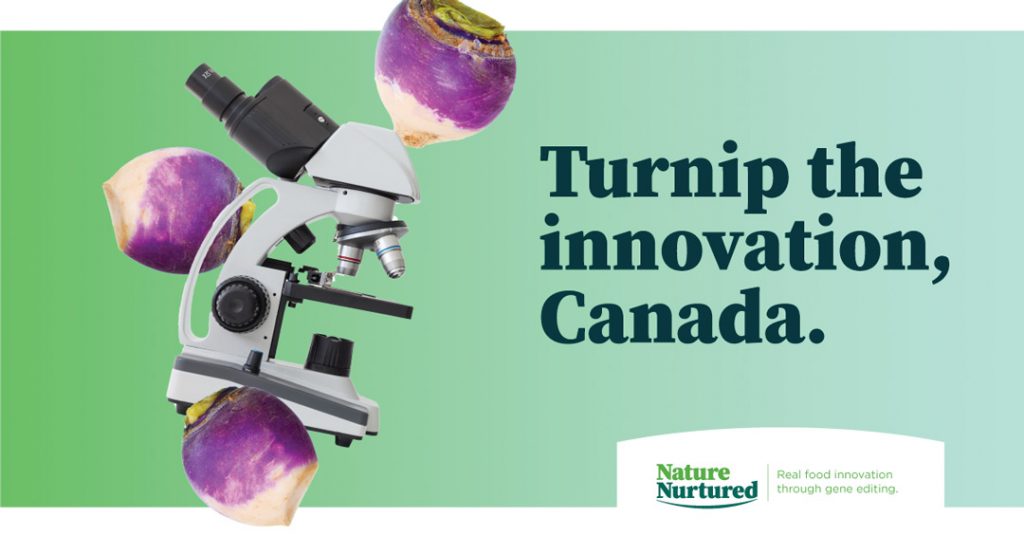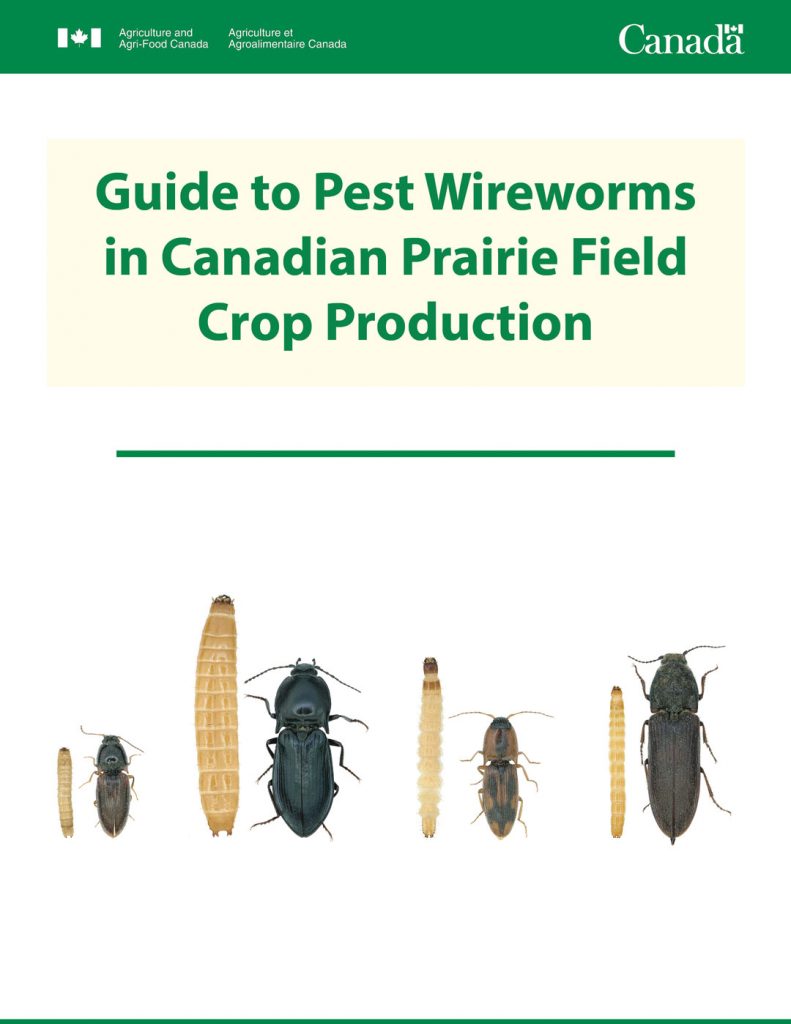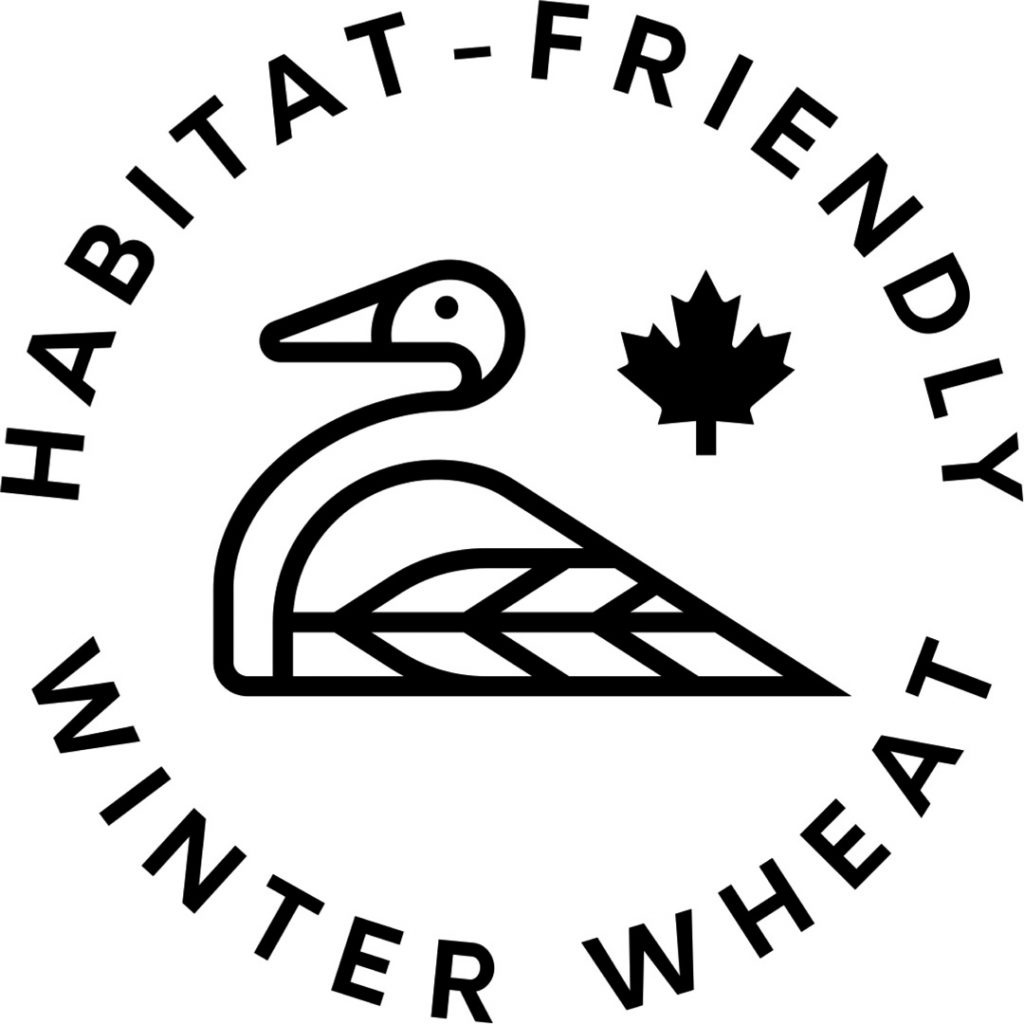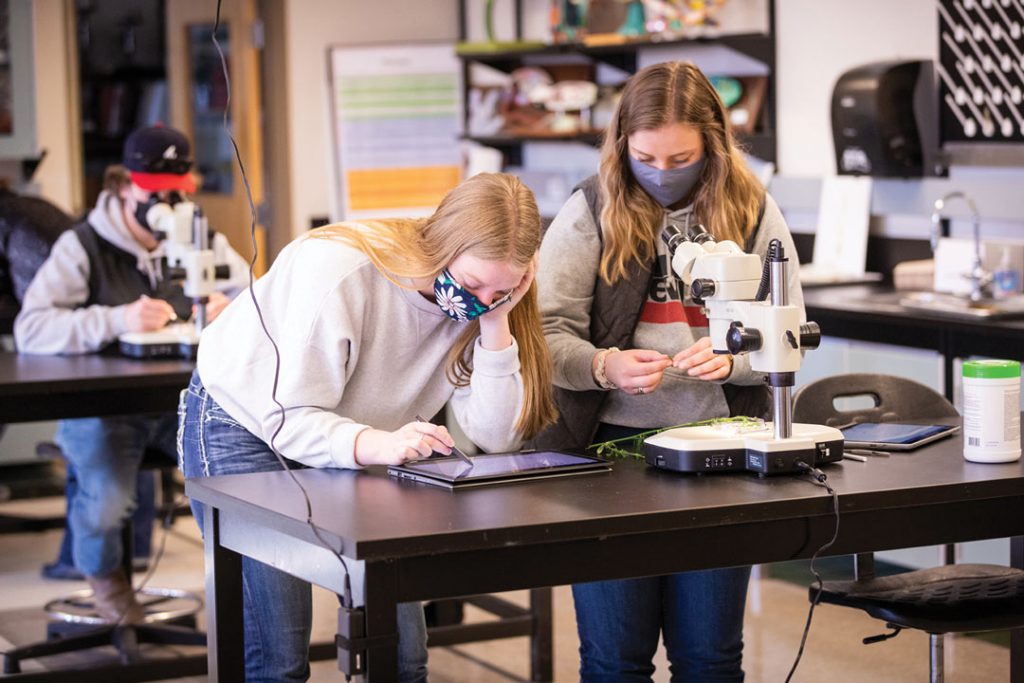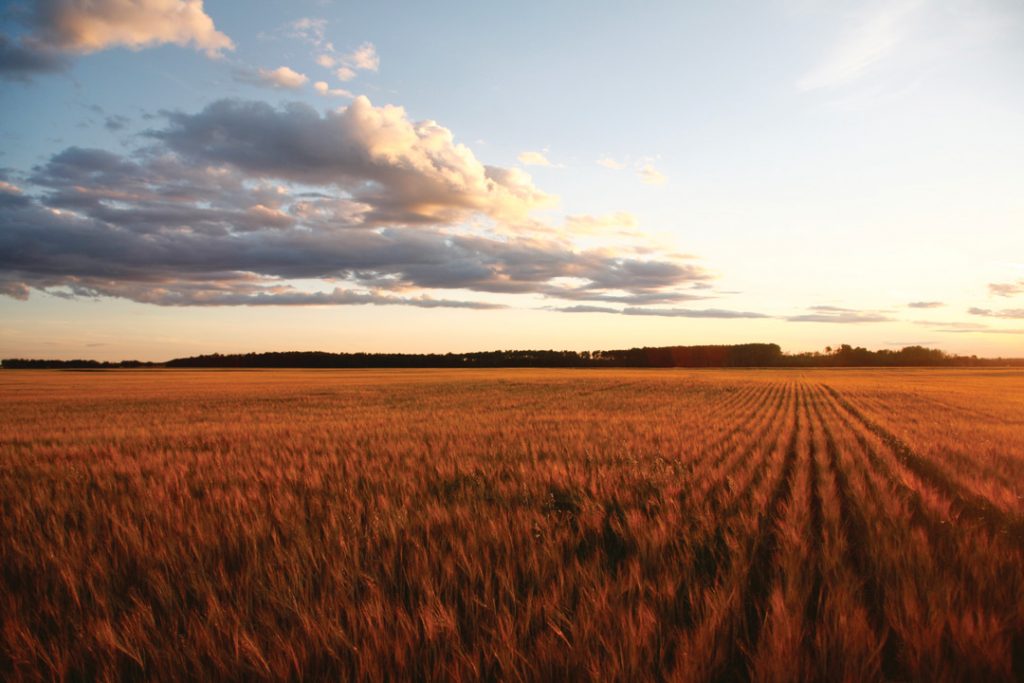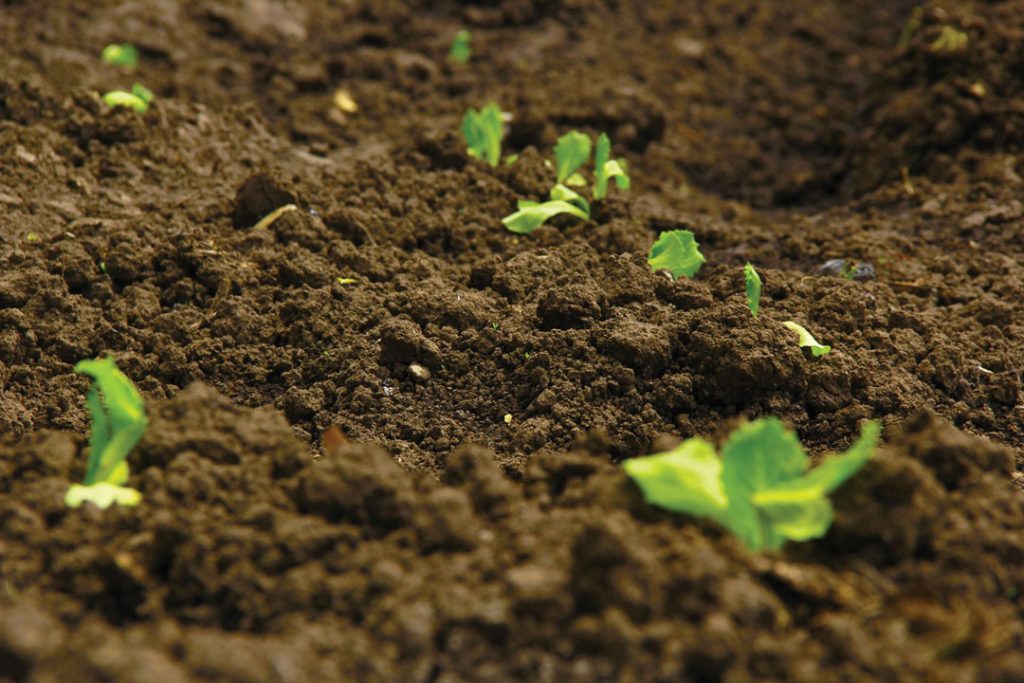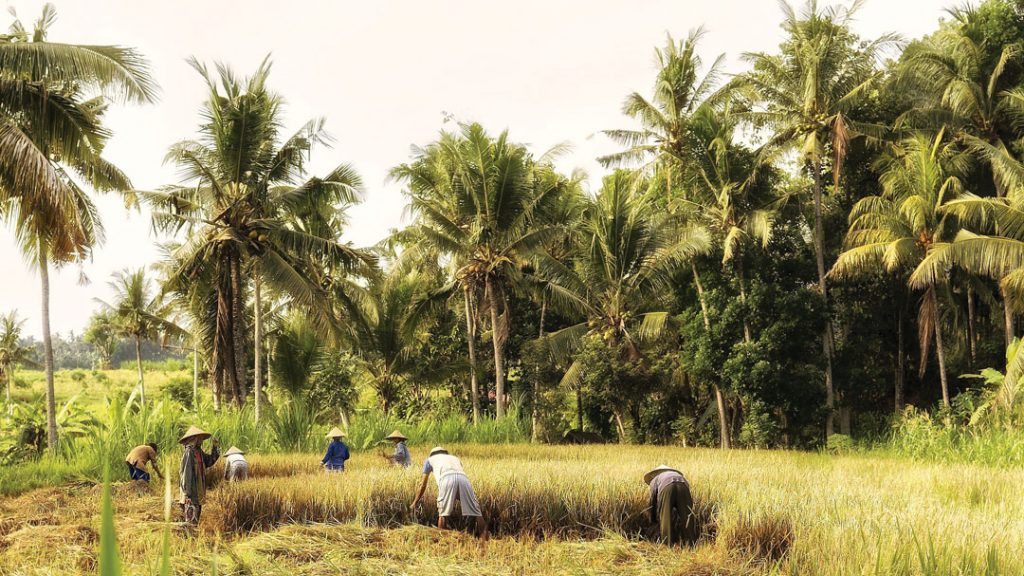CROP PANDEMIC PREVENTION
On coffee farms across Central and South America, a vicious invader called coffee rust has devastated the livelihoods of farmers and forced them off their land. In Colombia, a long-feared nightmare known as Panama disease, which destroyed banana production in Asia and then the Middle East in the 1990s, now threatens to end global banana production as we know it. Closer to home, a whole list of epidemic diseases from wheat stem rust to potato and tomato late blight have spread through cropland and have bitten into yield.




